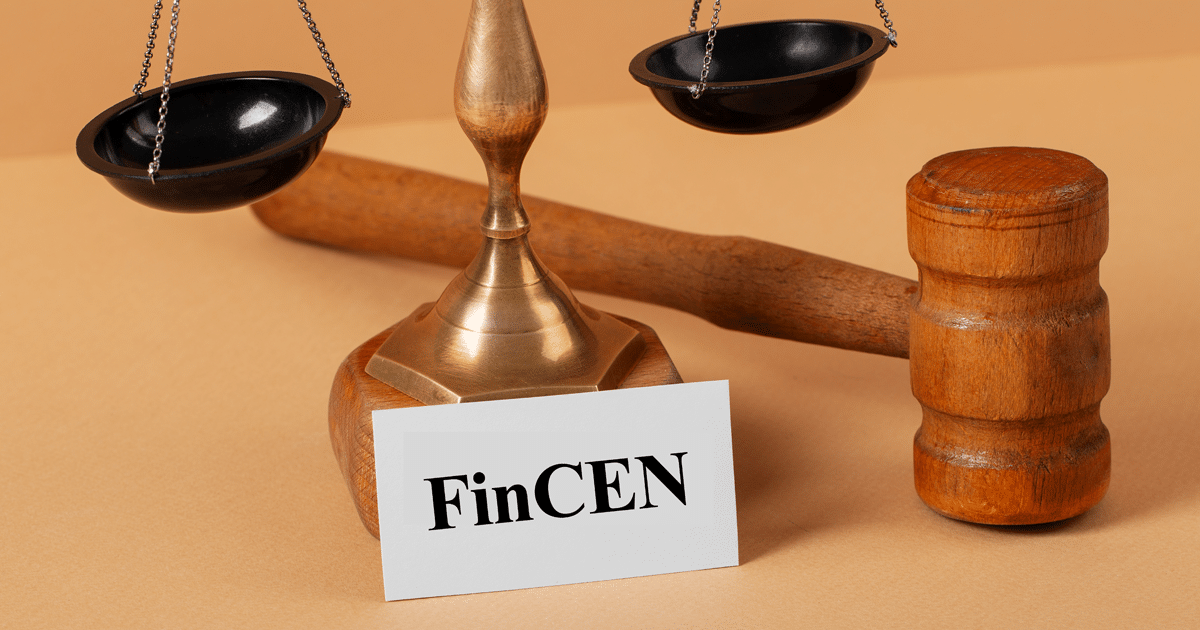The Crucial Role of the Executor in Probate
October 3, 2023

Introduction to the Executor
When a loved one passes away, their assets and estate often need to go through the probate process to ensure the orderly distribution of assets and the settlement of debts. At the heart of this process is the executor, a key figure responsible for carrying out important tasks and decisions. In this blog post, we will explore the essential role of the executor in probate, divided into three sections.
Responsibilities of the Executor
The executor plays a pivotal role in the probate process. Here are some of their primary responsibilities:
- Locating and Managing Assets: One of the initial tasks of an executor is to locate and secure all the assets of the deceased. This includes bank accounts, real estate, investments, personal property, and more. They must ensure that these assets are properly managed, protected, and, if necessary, appraised.
- Inventory and Appraisal: The executor is responsible for creating a comprehensive inventory after identifying the assets. If any assets require appraisal to determine their value, the executor must arrange for these appraisals to establish the total value of the estate accurately.
- Notifying Creditors and Settling Debts: The executor must notify creditors of the deceased’s passing and the commencement of the probate process. They must review and validate creditor claims and ensure that outstanding debts are paid from the estate’s assets in accordance with the law.
- Distribution to Beneficiaries: Once debts, taxes, and expenses are settled, the executor oversees the distribution of the remaining assets to the beneficiaries. This distribution must be carried out in accordance with the deceased’s will or, if there is no will, following the laws of intestacy in the jurisdiction.
- Legal Compliance: Executors must ensure that all aspects of the probate process comply with local laws and regulations. This includes filing necessary documents with the court, notifying heirs and beneficiaries, and adhering to deadlines.
The Role of a Professional Executor
While a family member or friend can be named as an executor, some choose to appoint a professional, such as an attorney or a professional fiduciary, to fulfill this role. Here’s why:
- Experience and Expertise: Professional executors have a deep understanding of probate laws and procedures. Their experience allows them to navigate the complexities of the probate process efficiently, minimizing errors and delays.
- Impartiality: Family dynamics can sometimes create tensions and conflicts during probate. Professional executors can provide an impartial and neutral perspective, helping to prevent disputes among heirs and beneficiaries.
- Reduced Emotional Burden: Handling the probate process can be emotionally draining, especially when grieving the loss of a loved one. Appointing a professional executor can relieve family members of this responsibility, allowing them to focus on their emotional well-being.
- Efficiency: Professional executors are well-equipped to handle the administrative aspects of probate quickly and efficiently. They understand the importance of meeting deadlines and ensuring that all legal requirements are fulfilled.
- Asset Protection: Professional executors are skilled in managing and protecting assets during the probate process. They can help maximize the value of the estate by making informed investment and financial decisions.
At Lawvex, we are dedicated to your Education and we want your estate plan to provide drama-free inheritance to your family. Whether it’s a family member or a professional appointed to fulfill this role, their responsibilities include asset management, debt settlement, and ensuring legal compliance. While family members can serve as executors, professional expertise can streamline the process, reduce stress, and ensure that the wishes of the deceased are carried out efficiently and in accordance with the law.


